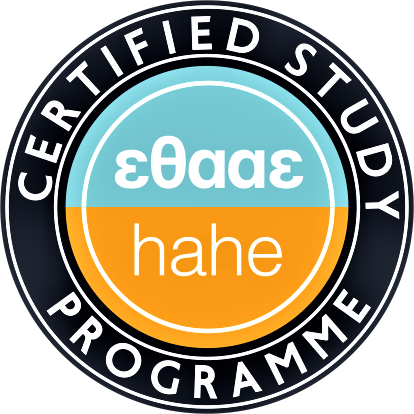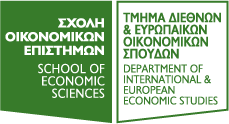Microsimulation Techniques for the Social Sciences (The course will not be offered in the academic year 2023-2024)
Number of credits allocated: 6 ECTS Credits
Objective of the course:
1. Understanding of microsimulation as a methodological tool for the social sciences
2. Use of the tax-benefit microsimulation model EUROMOD
3. Understanding of the model’s output in terms of:
- Distributional effects
- Fiscal effects
- Labour market incentives
4. Learning to design tax-benefit policies with the use of EUROMOD
5. Development of analytical and synthetic skill through the elaboration of a project
6. Development of demonstration and debate skills through public presentation of the main points of the project
Prerequisites: None
Course contents:
1. Introduction to microsimulation
2. The tax-benefit microsimulation model EUROMOD
3. Simulating social benefits
4. Simulating direct taxes
5. Simulating social insurance contributions
6. Evaluating the distributional and fiscal effects of public policies
7. Impact of public policies on work incentives
8. Design of EU-wide policies with the aim of income poverty reduction
Recommended reading
- Handbook of Microsimulation Modelling (Edited by: Cathal O’Donoghue, 2014, Emerald Group Publishing)
- Sutherland, H. (2018) Quality assessment of microsimulation models: the case of EUROMOD, International Journal of Microsimulation
- Handbook on poverty and inequality (Edited by: Haughton, Jonathan; Khandker, Shahidur R., 2009, Washington, DC: World Bank)
Teaching methods
Classroom lectures, Projects
Assessment methods
Written examination (50%) and Project (50%)
Language of instruction
Greek, with frequent English terminology





 Patision 76
Patision 76 2108203 106 / 2108203 107
2108203 106 / 2108203 107 
